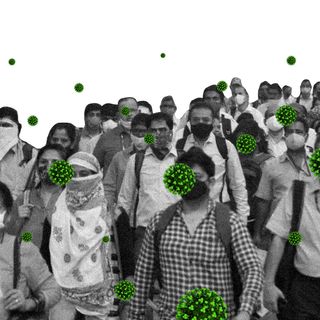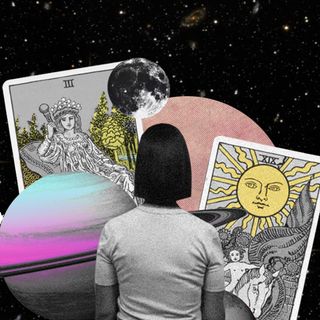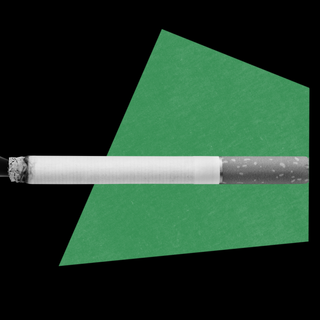TheAndhra Pradesh government has approved an herbal concoction as a health supplement — clarifying, however, that it does not work as a cure for Covid19, despite several people in the state’s rural areas believing it carries the ability to cure the infection, The Print reported.
“If we keep aside the assessment of what positive impact this medicine will have, since there are no side effects, people who consume the medicine might benefit to some extent at least,” Col V. Ramulu, the AYUSH Commissioner of Andhra Pradesh, said yesterday. The herbal mix was concocted by Bonigi Anandaiah, a traditional medicine practitioner from Krishnapatnam village in Andhra Pradesh; the distribution of the medicine was green-lit by the state government recently. “Overall, we are nowhere saying this is a cure for Covid, the ‘medicine’ is not even ayurveda,” Col V. Ramulu added.
Locals, however, believe the concoction can not only cure Covid19, but also act as a prophylactic, or a preventative measure. Distrust in authorities, limited information, and ideological beliefs are, perhaps, driving people to trust in this affordable, accessible concoction as a solution to the virus.
Last month, the demand for the herbal concoction attracted between 10,000 to 20,000 contenders, people sought to obtain the “miracle cure” for themselves and their families — violating Covid19 protocols, in the process. The crowd, a majority of which was from outside the village, included about 100 ambulances with Covid-positive patients, seeking to be cured.
At least 25 local people say they recovered from the infection after receiving the concoction — giving impetus to the concoction’s “magical” reputation.
Related on The Swaddle:
Remdesivir, Plasma Therapy Are Not The Best Treatments for Covid19. So Why Are Indians Desperate To Procure Them?
“I had heavy breathlessness and was taken to a hospital in Nellore town. My children told me that hospitals demanded Rs 3 lakhs and we asked for some time, but they refused admission saying my condition was very critical and I could survive only 24 hours,” Makki Mastaniah, 68, who was the first person to try it, told The Print. He claims he recovered in just three days after taking the concoction.
The flouting of social distancing norms amid a deadly pandemic forced the state government to halt its distribution, and set up checkpoints, especially to prevent non-local residents from entering the village. However, such is people’s belief in the concoction that some of them, reportedly, managed to get past the checkpoints by sneaking into the village through fields — on foot.
But the belief is prompting people to do more than disobey social distancing norms — 80% of the residents of Krishnapatnam have already taken the medicine, and believing they are adequately protected, are now against wearing masks and or getting vaccinated. “I am not going to take any vaccine. If anyone from the government comes home, I will not even respond… Once this gets cleared in a week or so, we will stop wearing masks forever,” Rabiamma, Mastaniah’s daughter, said.
Amid a health crisis, it is, perhaps, the uncertainty and helplessness that has time and again led people to cling on to the idea of “miracle” cures. “We live in a bewildering world where we don’t have a lot of control… When people say they believe in magical forces, they believe in magic that can make the world equal and just in circumstances where it’s not,” Anne-Maria Makhulu, an assistant professor of cultural anthropology at Duke University in the U.S., said in 2007, explaining why people believe in in magic-based solutions.
If it is indeed harmless, its usage per se isn’t the concern; people’s idea that the concoction in itself is enough to protect them against Covid19, however, is concerning. In the backdrop of reports of vaccine hesitancy prevailing in rural areas, people’s general propensity to believe in “miracle cures” stands out.




